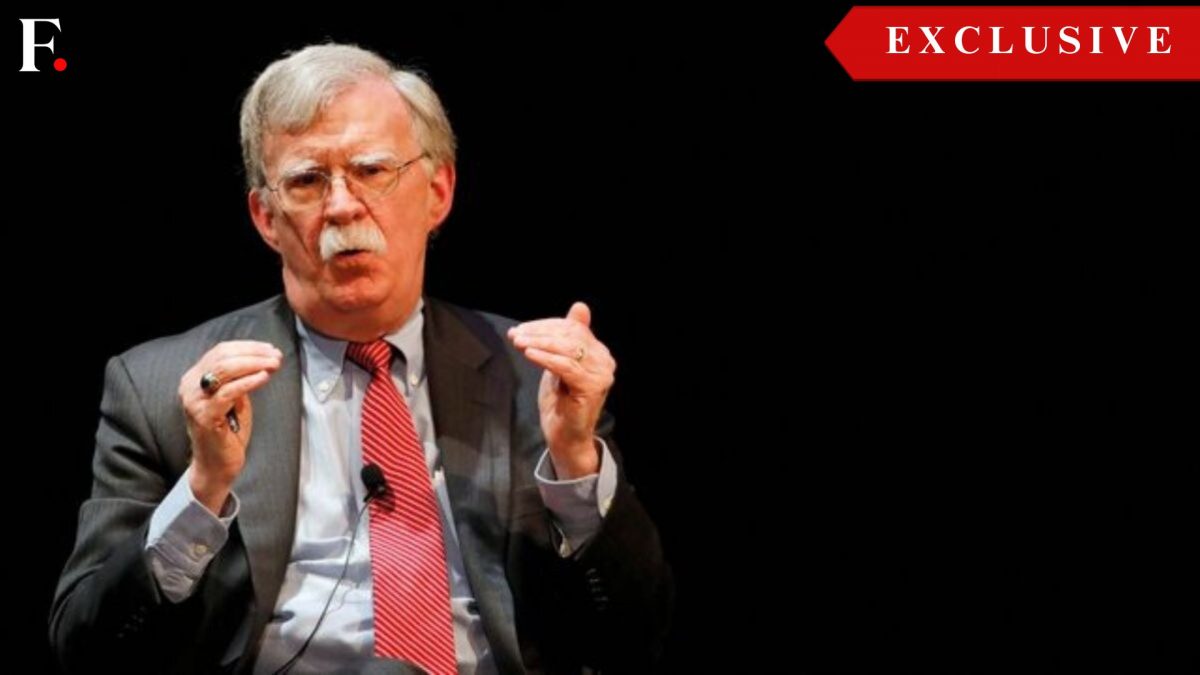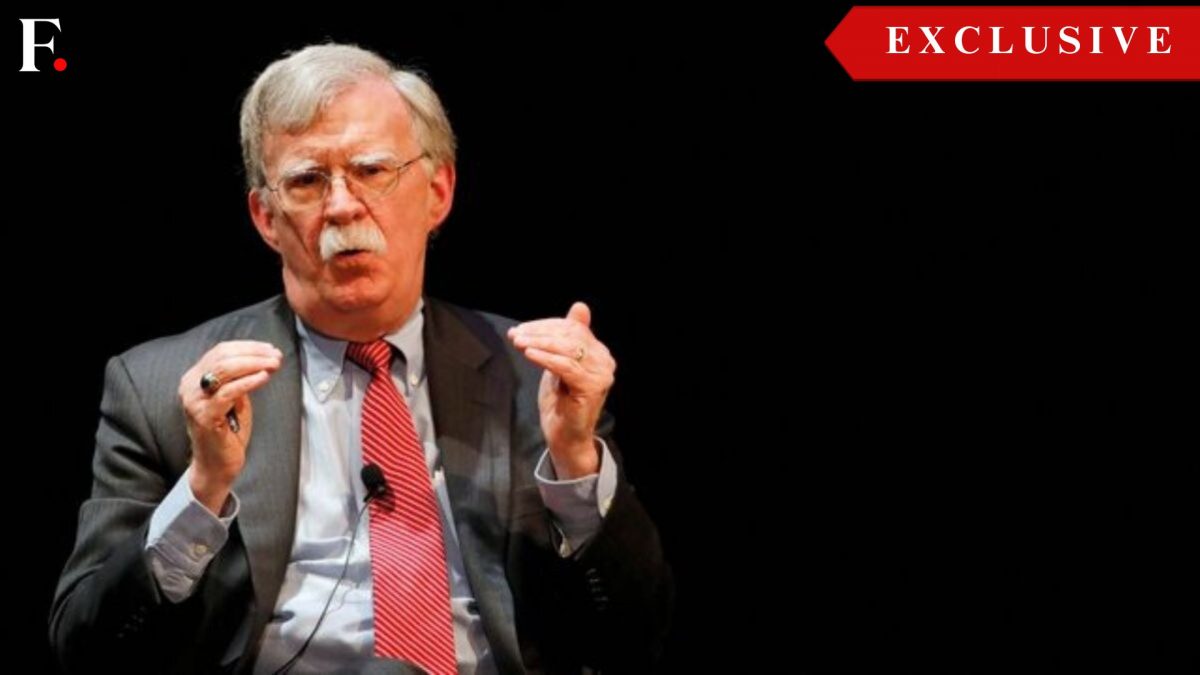A key ultra-Orthodox party in Israeli Prime Minister Benjamin Netanyahu’s coalition threatened Wednesday (June 4) to quit the government and support an opposition-led vote next week to dissolve parliament, intensifying pressure on the embattled leader.
The United Torah Judaism party, one of two ultra-Orthodox factions supporting Netanyahu, said it would leave the coalition unless the government quickly approves legislation granting formal military service exemptions to ultra-Orthodox men.
The opposition Yesh Atid party, led by former Prime Minister Yair Lapid, submitted a parliamentary motion scheduled for next week that would dissolve Israel’s parliament, known as the Knesset, and trigger early elections. Netanyahu’s coalition currently holds an eight-seat majority in the 120-member parliament.
“This Knesset (parliament) is finished. It has nowhere to go,” Lapid said, predicting the government’s imminent collapse.
Netanyahu, Israel’s longest-serving prime minister, has not publicly responded to the escalating crisis.
Negotiations continue amid coalition tensions
Reuters cited United Torah Judaism leader Yitzhak Goldknopf’s spokesperson as saying that unless the exemption law passes, his party will vote to dissolve parliament.
Negotiations within Netanyahu’s coalition were ongoing, according to a source close to the government.
The coalition, composed of secular right-wing and ultra-Orthodox parties, controls 64 seats, including 7 from United Torah Judaism and 11 from the ultra-Orthodox Shas party.
Military service exemptions fuel internal divisions
The debate centers on whether young ultra-Orthodox men studying full-time in religious seminaries should be exempt from mandatory military service. Ultra-Orthodox lawmakers insist on maintaining or expanding exemptions, while secular and nationalist parties argue that universal conscription should apply equally.
Ohad Tal, a lawmaker from the Religious Zionism party within the coalition, sharply criticized Goldknopf’s threats and called for him to resign rather than push for new elections. Tal said a blanket military exemption is no longer viable.
Former lawmaker Ofer Shelah suggested Netanyahu might be counting on ultra-Orthodox parties to back down, noting polls indicate they would lose seats if elections were held soon.
Impact Shorts
View AllPolitical instability amid ongoing Gaza conflict
Netanyahu’s coalition faces additional turmoil as Israel continues its military campaign against Hamas in Gaza. Polls suggest widespread public dissatisfaction with Netanyahu’s handling of the conflict sparked by Hamas’ October 2023 attack, which killed roughly 1,200 Israelis.
Families of hostages still held in Gaza, along with growing numbers of protesters, have called for an end to the conflict, but some coalition hardliners demand military operations continue until Hamas is destroyed.
Political analysts noted the ultra-Orthodox parties could withdraw from the coalition in protest without necessarily toppling the government, preserving some political stability amid Israel’s broader challenges.
Netanyahu’s government, elected in late 2022, is not mandated to face voters again until 2026. However, Israeli governments rarely serve full terms due to frequent internal divisions and political crises.


)
)
)
)
)
)
)
)
)



